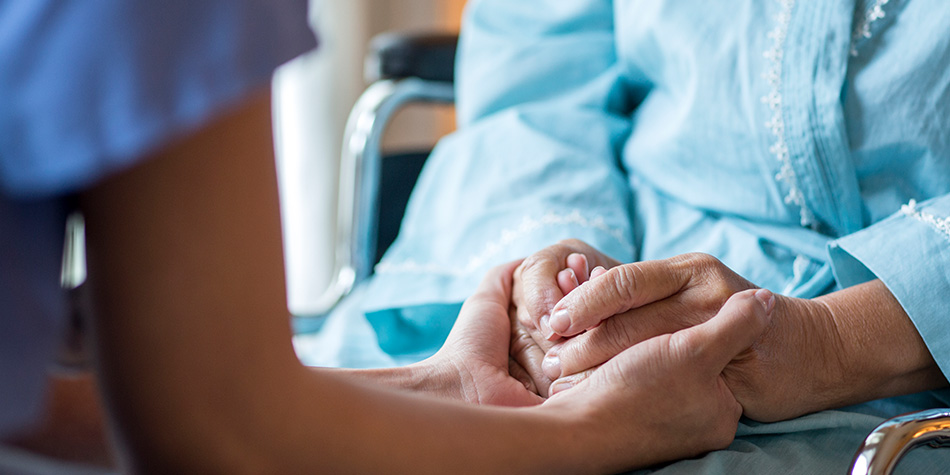
According to the American Red Cross, someone in the United States needs blood every two seconds, and cancer patients are among those in need of donations.
A blood transfusion is a process where blood cells such as red cells, platelets or plasma are donated and then given to a recipient. Platelets and plasma are critical for blood clotting and red blood cells are needed to carry oxygen throughout the body and prevent anemia in cancer patients. Cancer patients may need blood transfusions due to the disease itself or due to the treatment, such as chemotherapy or radiation, which may suppress production of bone marrow cells that produce blood cells.
"For those facing cancer, a transfusion can be a very important supportive treatment for fighting the disease," says Robert Talley, hematologist/oncologist at Sarah Cannon Cancer Institute at HCA Midwest Health. "We depend on the good will from the community to donate blood so that it's available for cancer patients who need it."
Donors must be at least 17 years old (or 16 with a signed parental consent form) and must weigh at least 110 pounds. In addition, donors must wait at least eight weeks between donations and must answer a few health questions to make sure they are healthy enough for donation.
You cannot donate blood if you are currently being treated for cancer, if your previous cancer has spread or has returned, if you have ever had leukemia or lymphoma or if you have ever had Kaposi's sarcoma. If you have had cancer in the past, but have been cured or have been in remission for at least one year, most donation centers will allow you to donate if it has been at least one year since you have had no signs of cancer.
What can I expect when I donate blood?
When you are ready to donate your blood, you will sit in a reclining chair or lie on a table. An area of your arm will be cleaned off with an alcohol wipe and a sterile needle will be put into a vein, usually on the inside of your arm where your elbow bends.
Getting a full unit of blood drawn usually takes about 10 to 15 minutes. Once your blood is taken, you will be asked to stay for a few minutes to make sure you are feeling well and will be given something to drink and a light snack.
Some centers recommend that you have someone else drive you home after you donate, as you may feel tired for a few hours. After you leave, you are free to return to normal activities.
For more information on blood donation, visit the American Red Cross.